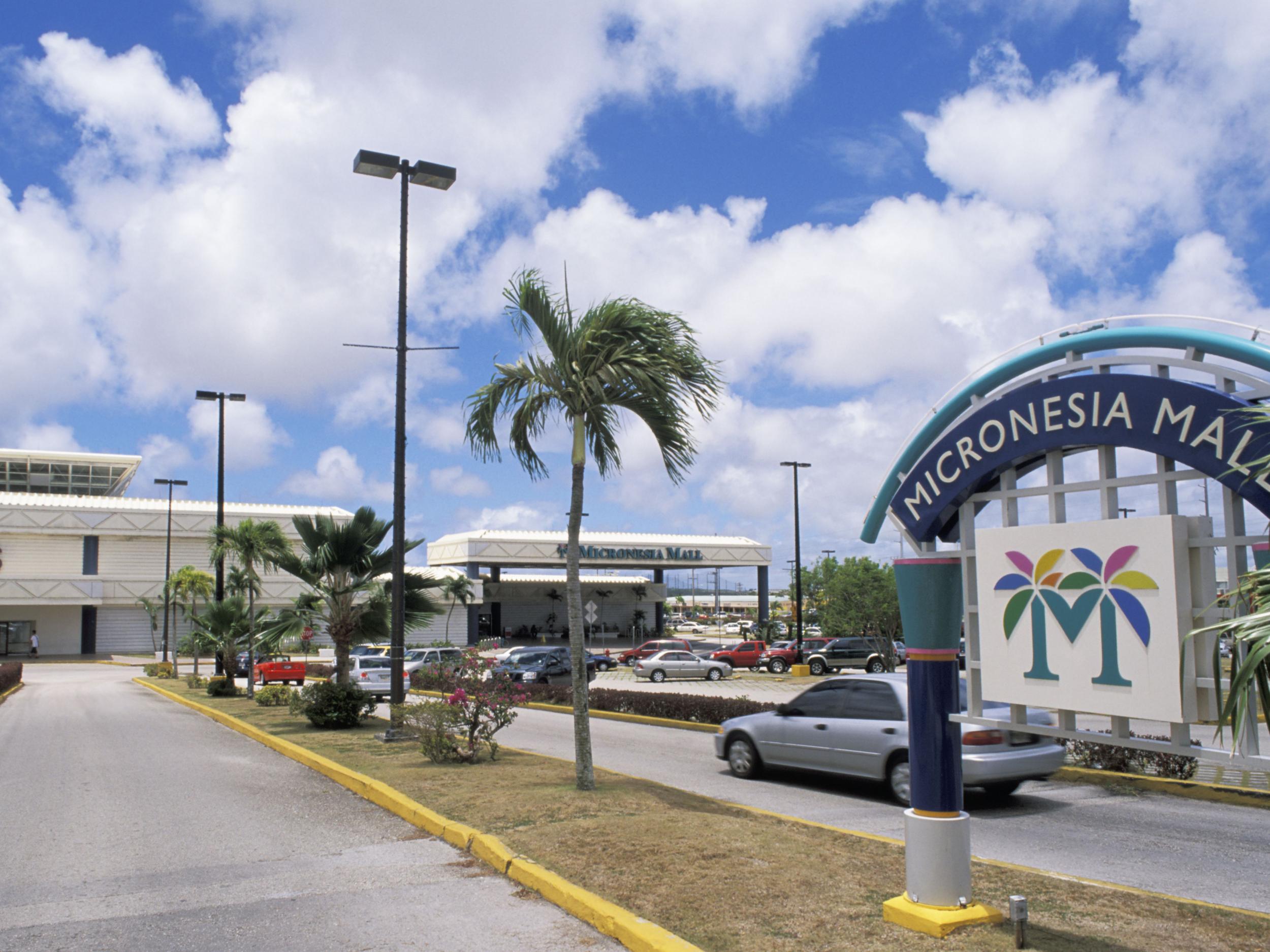Hillary Clinton wins in Guam, which has historically predicted president
A landslide 71.6 per cent of the US island territory’s votes are for Hillary Clinton

Your support helps us to tell the story
From reproductive rights to climate change to Big Tech, The Independent is on the ground when the story is developing. Whether it's investigating the financials of Elon Musk's pro-Trump PAC or producing our latest documentary, 'The A Word', which shines a light on the American women fighting for reproductive rights, we know how important it is to parse out the facts from the messaging.
At such a critical moment in US history, we need reporters on the ground. Your donation allows us to keep sending journalists to speak to both sides of the story.
The Independent is trusted by Americans across the entire political spectrum. And unlike many other quality news outlets, we choose not to lock Americans out of our reporting and analysis with paywalls. We believe quality journalism should be available to everyone, paid for by those who can afford it.
Your support makes all the difference.Hillary Clinton has claimed her first victory in the US presidential election – on the the tiny island of Guam in the west Pacific Ocean.
Votes in the US territory, which has a population of around 160,000, do not count towards the final result, but have historically been a reliable indicator of which way the vote will swing.
Ms Clinton took 71.6 per cent of the territory’s votes, with her Republican rival Donald Trump lagging behind on 24.2 per cent.
Guam has predicted the result of the presidential election correctly in its straw poll for the last 32 years, according to the Los Angeles Times.
The only year it did not manage to predict the president was in 1996, when a typhoon disrupted voting on election day.
The tropical island is one of five American territories with its own government – the others are Puerto Rico, the United States Virgin Islands, the Northern Mariana Islands and the United States Minor Outlying Islands.
It has been a US territory since 1950 and people born there are American citizens.
However, it is not a US state, and while residents of Guam can vote on each party's candidates in the presidential primaries, they are not allowed to vote in the final election.
Last year, British comedian John Oliver criticised the restricted rights of voters living in US territories such as Guam and Puerto Rico.
He told viewers of his HBO TV show Last Week Tonight he found voter disenfranchisement on the islands "unsettling".
An 100-year-old legal decision on the issue described the inhabitants of the territories as "alien races" who were unable to understand "Anglo-Saxon principles".
"Surely when it comes to denying Americans the right to vote, we have to find a better reason than citing a 100-year-old legal decision, written by a racist, that was always supposed to be temporary," said Mr Oliver.
More than a quarter of land on Guam is used by the US military, according to a 2011 report, and Mr Oliver pointed out that one in eight adults in Guam is an army veteran.
"Due in part to their lack of full voting rights, those veterans are shamefully under-served," he said.
Join our commenting forum
Join thought-provoking conversations, follow other Independent readers and see their replies
Comments